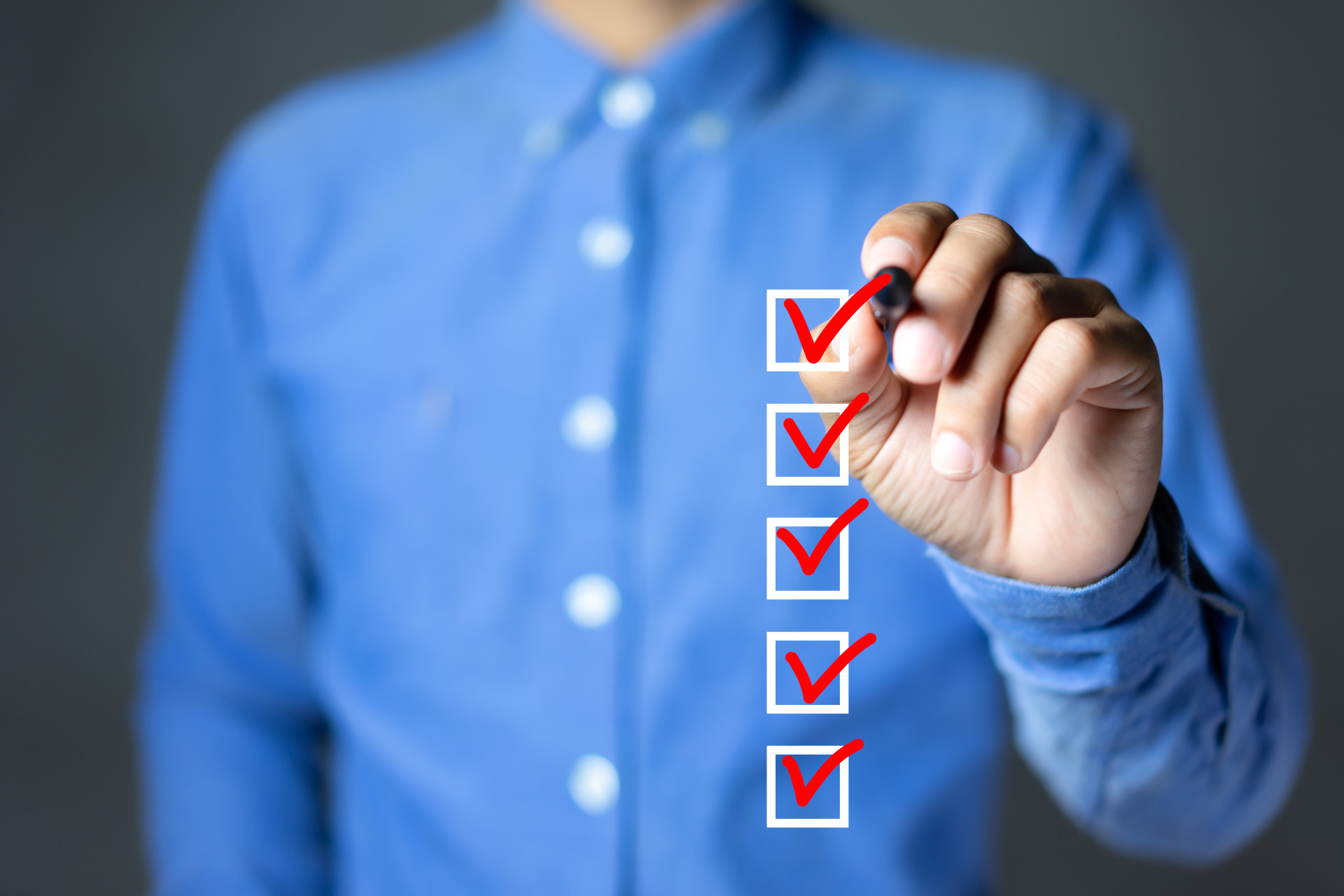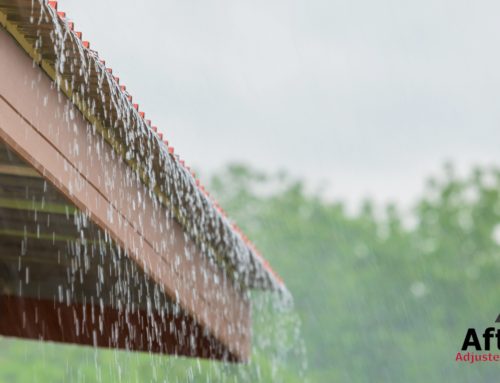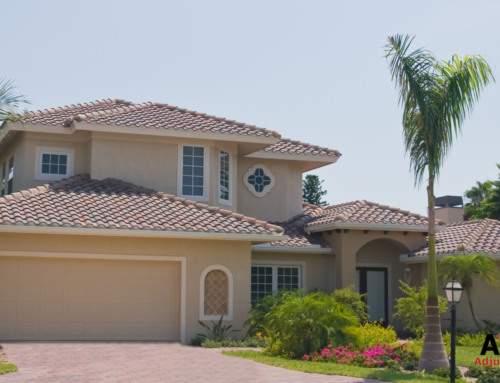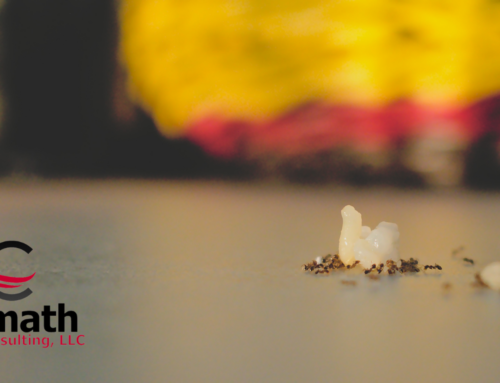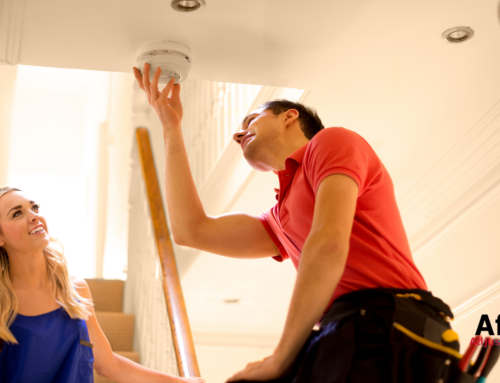September and October are prime hurricane months for Florida. It’s important to think about how to safeguard your home before these storms arrive. Here are nine simple things you can do before a hurricane or tropical storm hits your area.
1. Locate the Shut Offs for Your Home
Before a storm hits, potentially causing damage to your home, you should know where the shut offs are for:
- Water
- Gas
- Electricity
This way, if directed by local authorities, if you need to evacuate, or if your home sustains damage, you can turn off the utilities.
2. Clean Your Gutters
Hurricanes bring a lot of rain, which is why it is important for your gutters and downspouts to be clear of debris. You’ll want your gutters to be fully functional. This will prevent water from:
- Collecting around the foundation of your home
- Flooding your attic and/or crawl space
- Damaging roof eaves
3. Use Plywood to Cover Windows
The wind from hurricanes can easily blow out windows or send projectiles crashing through them. Plywood is a good way to keep this from happening for all windows that do not have working shutters. Secure the plywood to the exterior of the windows with nails or screws.
Keep plywood from storm to storm. You can number the pieces of wood to corresponding windows to make the job easier to complete.
4. Cover Your AC Unit
Your air conditioning unit sits outside, which can make it a target for debris flying through the air. Manufacturers make special covers to keep projectiles from getting lodged in your AC system. Always use a manufacturer approved cover to protect your unit. Using a garbage bag or tarp may be enough to null your air conditioner’s warranty. A do-it-yourself cover may also trap moisture and cause damage to the unit.
5. Think About Surge Protection
Power surges can occur instantly during a storm and can damage your appliances and electronics. You can add a power surge protector to your electrical panel and use power strips with built-in surge protectors to help protect your property. Your heating and air conditioning system may also need special protection.
6. Secure Outdoor Furnishings and Décor
You want to limit the number of objects available to fly with the wind. Any loose item outdoors should be brought inside or tied down, regardless of size. Remember, wind speeds are likely to top 100 mph. Items to consider include:
- Patio furniture
- Flowerpots
- Grill
- Spa cover
- Garden décor
- Hanging baskets
- Bird feeders and baths
- Porch swing
- Bicycles
- Lawn equipment
- Garbage cans
7. Trim Tree Branches
Any tree branches that are close to your home should be trimmed. Look closely at branches that are:
- Closer than 10 feet from the house
- Near windows
- Broken or dead
8. Make Your Refrigerator Colder
It is not uncommon to lose power during a hurricane. To help mitigate food loss, consider turning your refrigerator and freezer to the coldest setting. This way, if the power goes out, your food will last longer. Keep in mind that keeping the door to the refrigerator closed will also keep the temperature cooler longer.
9. Have Copies of Your Insurance Policies
You will need to have your home insurance policies available in case your home sustains damage during a hurricane. Be sure to have the policy and phone numbers for:
- Homeowners insurance
- Wind and hail insurance
- Flood insurance
No matter how prepared you are for a hurricane, your home may still be damaged by the wind, rain, floods, falling trees, and more. Instead of wrestling with the insurance claim on your own, call Aftermath Adjusters & Consulting. As a public adjuster, we work for you, not the insurance company, to help you receive the best possible payout for your claim. Call us today at (954) 329-2456 to learn more.

